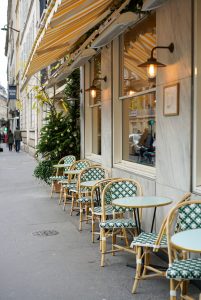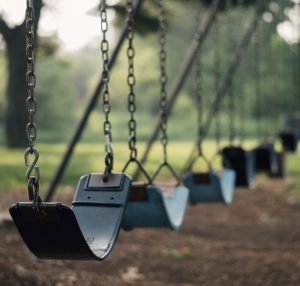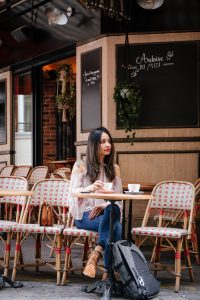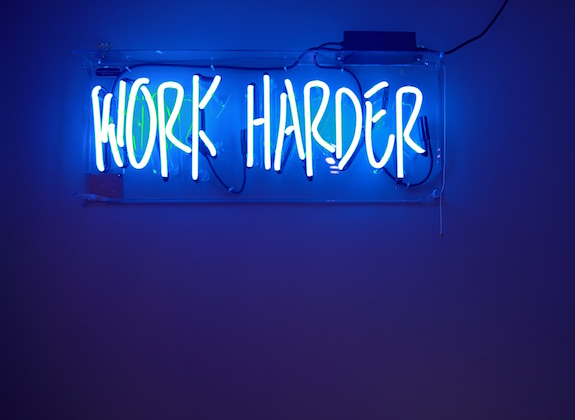Essential services for our health

Photo by Megan Markham on Unsplash
Surviving social isolation
As a student at the School of Public Health and Social Policy, I am glad that my courses are not being disrupted due to COVID-19. Since our program is already web based, this is an easy transition for most students who are already used to the routine of working online and from home.
I want to give a special thank you to our teachers and administrators who are being inconvenienced and who are working hard to make sure that we are still receiving the excellent care and education that we have grown accustomed to.
My one complaint is the coffee scene. Yes, after a few articles about health in a crisis and being on budget as a student, I would like now to return to that all important topic of coffee, and that wonderful invention – the café.
What makes us human?
Imagine the streets of Paris, normally bustling with people, cobble stone cafés, people leisurely enjoying their company over fresh buttery croissants and espresso, or sitting alone with a paperback copy of their favourite novel.
There is a buzz and a charm to the café life, and forgive me for romanticizing a place and culture that is so far away – I am not the first to do so! It is the chance encounters that I think I value most about café life, the distraction that is built into the experience, and the unexpected ways in which chance encounters shape this human arena which I sorely miss.

Photo by Nicolas Lafargue on Unsplash
In my first blog posts I boasted that the ritual of coffee gets me through a study day. I also heavily rely on coffee shop study dates to get work done, especially when my home environment feels stagnant.
Without a coffee shop serving my brew, I’m left wondering will I make it through?
Health without socialization

Photo by Fabien Maurin on Unsplash
The café is a respite from my home routine, and without it, life as a student will be a lot harder. I get some of my best work done in public spaces, as the cacophony of sounds and action stimulates and motivates me.
I crave the social connection, and as a distance education student, I have grappled with this idea that education is a social experience. How to find social engagement in a time of societal lock-down presents whole new challenges for me.
The experience of putting non-essential services on hold is a bit unnerving. Perhaps I am selfish in saying that it is essential I have a café to go to, a place to unwind, people watch, contemplate, and think. Though I am not alone – countless people rely on so called non-essential services for their mental health, literacy, or mobility every day.
Coffee shops, while non-essential, often have public restrooms which people can use, or offer a place for people to find cheap ready made food. Not everyone’s home environment offers all the essentials of a healthy life.
There is a price to pay when we limit these services and I wonder how we decide what should be deemed an essential service?
Things to be grateful for

Photo by inma · lesielle on Unsplash
Okay, I have a toilet, shower, and running hot water at home, so no complaints there. I can also make a decent cup of coffee, and I am saving money on lattés, which is a bonus.
I have every reason to be grateful, after all I am healthy and safe, which is more than I could ask for. Yet there is something deeper than the novelty and convenience which is lost in social isolation. A real mental health support is gone without the ability to socialize, and I realize now how healthy and vital it is to be in contact with people on a regular basis.
My biggest concern is for those who are already socially isolated. I hear that there is a 30% increase in domestic violence being reported. Food banks are seeing an increase in patronage, as small businesses close down and walking traffic slows on our down-town streets.
It’s human to be social
The average person that is already struggling with social isolation is going to have a difficult time without being able to get out and gather.

Photo by Aaron Burden on Unsplash
Families rely on playgroups and drop in centres for early childhood services. Those times of socialization are essential for childhood development, but also give workers an opportunity to connect with vulnerable families and offer services and support.
Family centres are doing their best to serve families during this crisis, but opportunities to connect with vulnerable families will be lost, as many already were falling through the cracks of our social safety net, even before this time of lock-down.
When there is no longer any immediate health crisis and all non-essential services resume, then support can come to those seeking social support, or a break from their homes, and the respite from working alone.
Until then we wait for resources to open up in our communities. People living on the streets are waiting for the means to earn some money, and have somewhere to go.

Photo by Johan Mouchet on Unsplash
We wait for children to be able to gather at playgrounds, where parents find each other and offer peer support.
Those who are socially isolated wait to find connection again and a reason to be drawn back into the world. Parents that work from home wait for school to resume, and summer camps, so that work life and routine can return to normal.
And I wait for that perfect cup of coffee, sitting in the sun in front of the bakery café, watching the people go about their lives, and experiencing the Joie de vivre – that necessary deviation from a life of study at home.



